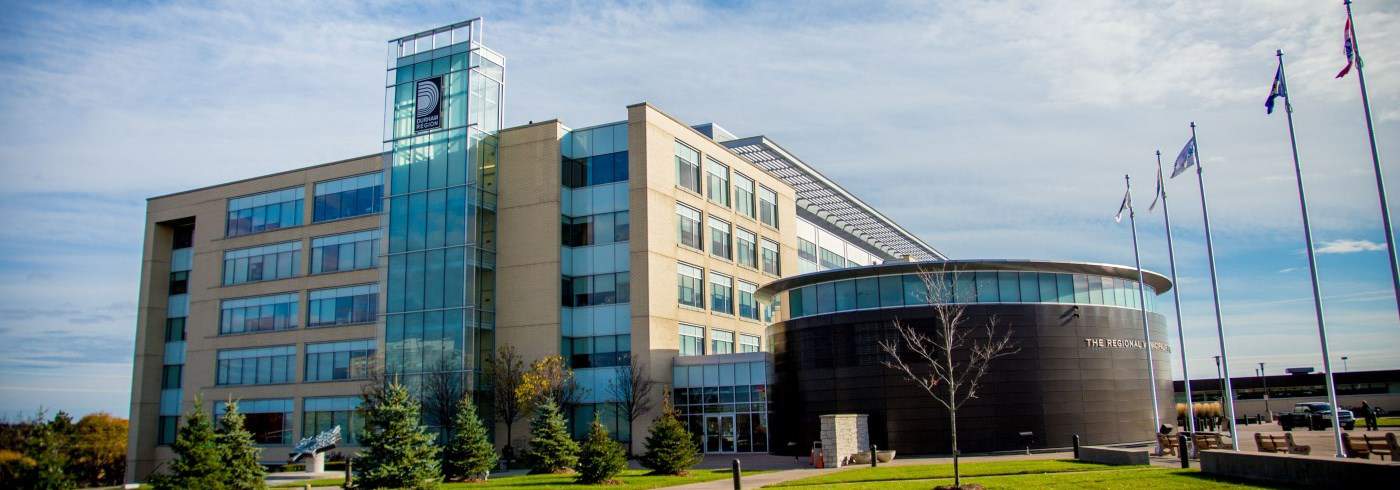Rising police budget helps Durham Region tax bill spike 7.4 per cent
Published December 24, 2024 at 10:16 am

Durham Region’s portion of the tax bill will jump 7.4 per cent in 2025, with a ballooning police budget responsible for more than half of the increase.
Durham Regional Council approved the $2.05 billion 2025 budget last week, which will see a net property tax increase of 7.4 per cent, with 4.4 per cent of the hike dedicated to the police budget.
Property taxes will go up about $20 a month for the average residential property in Durham.
The region comprises half of the tax bill and with the average lower tier municipal tax rising 4.9 per cent and the education boards holding to 2024 numbers, the overall property tax increase is projected at 5.7 per cent.
The biggest internal increase was to the police budget, which is up 16.9 per cent to support 70 new police officers, as well as 45 uniform and 53 civilian positions for investigative and operational units, along with additional capital investments in fleet and equipment.
Water supply and sanitary sewer user rates will also increase by five per cent (approximately $5 per month for an average household) to pay for ongoing maintenance and operation of the system and for several major projects planned for 2025, including multi-year expansion and upgrades to the Whitby Water Supply Plant.
The region is investing in frontline core service areas while “balancing the need for taxpayer affordability and competitive property taxes and accounting for future growth,” said Durham Region Chair John Henry.
“The approved 2025 Business Plans and Budget sets the standard of our commitment to supporting key priorities and delivering high-quality programs and services to the community,” Henry said. “It reflects regional council’s focus on enhancing and maintaining front-line service delivery while meeting the many pressures and challenges we currently face.”
The region is also making critical investments in housing, shelter and homelessness support programs with the redevelopment of regional housing sites in Oshawa (Malaga Road, Christina Crescent and 300 Ritson Road) and Whitby at the 45-bed homeless shelter at 1635 Dundas St. W.
Durham Region Transit is also getting a funding boost for increased service levels and the transition of the fleet to zero emission technologies with 18 new electric buses.
Durham Paramedic Services also hire 14 new paramedics (seven advanced care and seven primary care) and see capital investments for new paramedic response stations in Oshawa, Whitby and north Durham.
Other major priority investments include implementation of the region’s climate action plan; funding for road and bridge rehabilitation projects; work on advancing the GO train extension to Bowmanville; and ongoing investment in Durham OneNet Inc. and Service Durham.
“Significant” financial challenges, similar to those faced by other Ontario municipalities, because of an “ever-evolving” economic landscape also reinforce the need to review the funding model between the province and local municipalities, noted Henry.
Pickering Mayor Kevin Ashe, who chairs the region’s Finance and Administration Committee, thanked everyone involved in bringing the “fiscally responsible” budget to the finish line.
“The region’s 2025 approved budget is the result of many regional departments and agencies working together with the shared goal of providing excellent service to our communities. Thank you for your commitment to supporting our residents, organizations and businesses.”
For more information about the Budget, visit durham.ca/Budget.






